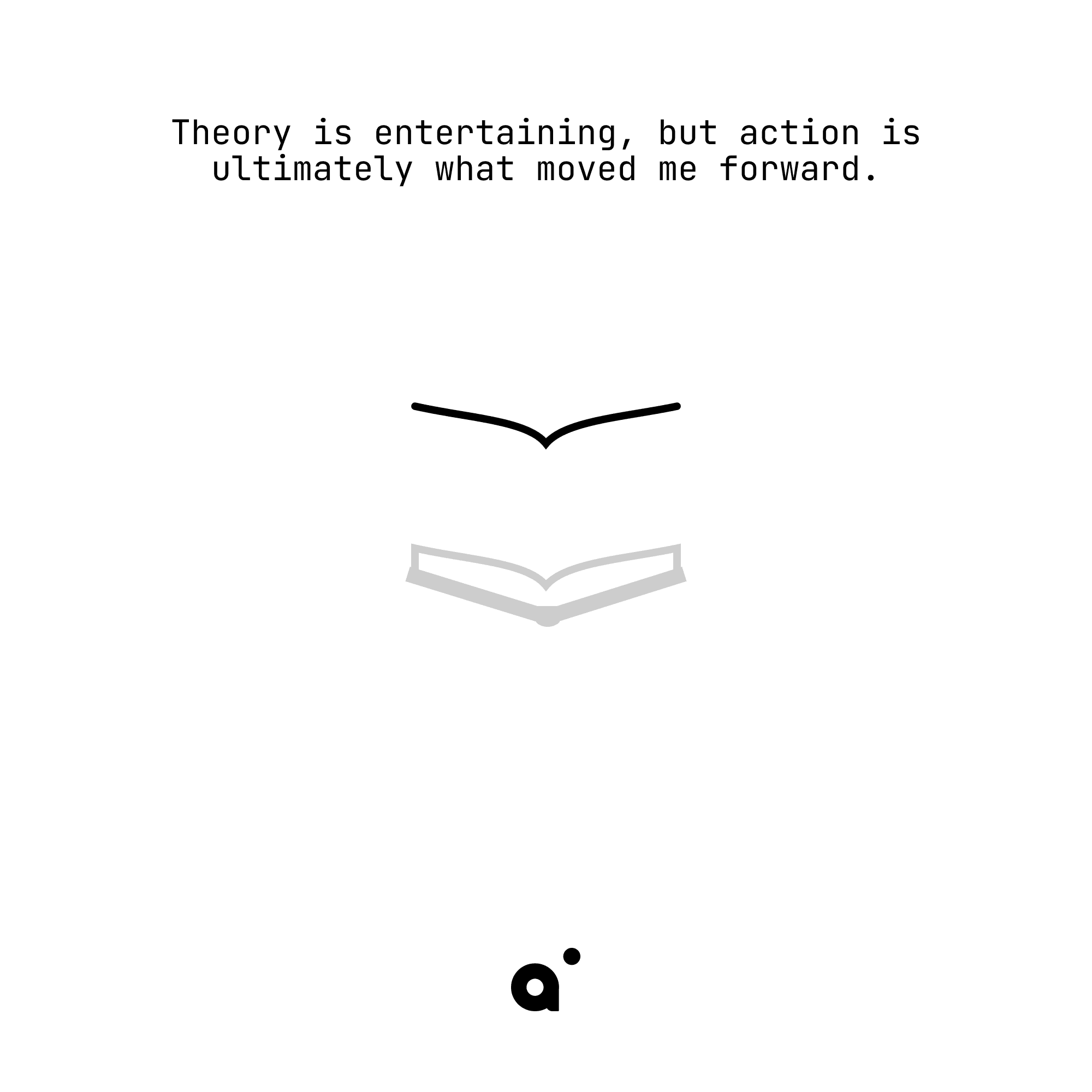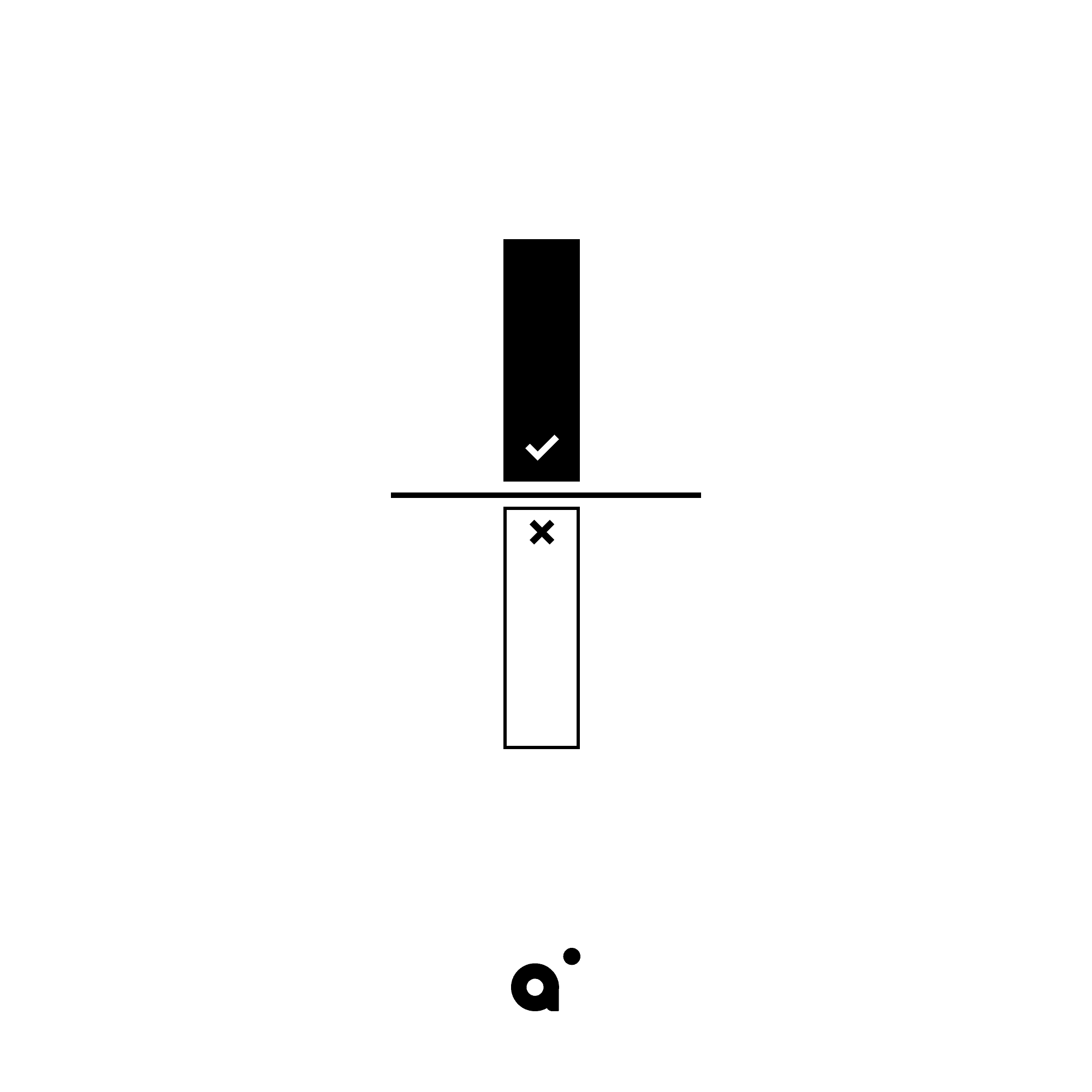40 RedXBT
Sep 12, 2022
RedXBT is a full-time crypto trader working at OSL.
What attracted you to trading?
It has a lot to do with the fact that the market can let you assign anything to any market move. There’s this freedom to use your imagination and say X or Y happened because of it when in reality, it’s just buyers and sellers wanting to think ahead, outsmart others, or acting on pure hope, euphoria or fear. I’ve been interested in why people do what they do all my life, so trading was a natural fit. It deals with many things I like: people plus money and their derivatives. Making money is obviously a great bonus.
How long have you been trading and what markets have you traded over your career?
In the summer of 2017, I dabbled into FX markets, not accomplishing much besides tinkering with moving averages and Bollinger bands. Then I found crypto because my broker offered BTC and a few other crypto CFD’s. Seeing BTC run from 3k to 5k in a few weeks, it just seemed dumb not to trade it. Of course, I bought XRP instead though.
How long did it take you to become profitable? Were there any major milestones where things just started to click?
Probably around the 10-month mark, I was doing alright. No real milestones; just realizing that doing stuff with what you got is better than always trying to find something new. Theory is entertaining, but action is ultimately what moved me forward. I struggled with inaction/being risk averse for a long time.

What does a typical day look like for you?
Wake up, go to the desk, engage clients, trade, watch the market, Twitter here and there, go home, go to the gym, come back and stream. Sometimes the last two get switched by seeing friends (imagine) or sleeping. At weekends I like to travel outside the city.
What’s the best trading advice you’ve been given?
It wasn’t advice, but rather events that I lived through that shaped how/why I do things. Things don’t get ingrained in me unless I’m a witness or going through it. A simple event example is just how crazy crypto can get and how bad exchanges can handle it. This has made me never leave anything levered without a stop or even overnight.
A more complex example is a story of how a friend and I 5’xd on Blackjack relatively quickly during a night out. My friend knows how to play entirely by the book, and I handled the bet sizing. You’re probably thinking “the odds are fully against you though in the long run”, and you’d be right. Still, it was a fast and fun combination that showed me that if you play by the book, the only thing going to drive your account up (or down) significantly is sizing.
I like playing a lot with sizing as it’s the only variable I can alter without much negative emotion, and it helps keep emotion out of cutting trades or impulsivity. It’s much easier to follow a decision tree when swayed by feelings; it helps in not losing a ton when you could have had.
What drives you to keep trading?
Accomplishment and money. Mastering your craft paired with making money out of it is pretty much what most are after. My answer to the first question “what attracted you to trading” also drives me to keep going - having the creativity to make money how you please is fantastic.
What does ‘making it’ look like to you?
Being able to do whatever you need or want to do. For me, that is working/building a company in crypto (already doing), being a creative (already doing but fell off a bit and trying to post more), and studying either neuroscience or genetics, things related to human behavior.
What’s your trading set-up?
Right: 27” monitor for TradingView, aggr, and Twitter.
Left: 24” monitor for my terminal.
Top: 34” ultrawide for the heatmap and footprint.
It’s unusual but does the job. All this info doesn’t help unless I see a setup anyway, mostly from seeing patterns on the regular chart; then I start looking for more information to back my idea or identify why I could be wrong.
What's the most important quality in a trader and why?
Resilience and grit. The longer you survive, the more experience you have. But none of that matters if you’ve lost the determination to keep going to get what you wanted in the first place. With these two qualities, you’ve got a foundation for the rest (creativity, discipline) to develop over time. That said, the next best thing is being able to materialize creativity, meaning you have to either know code or work with a dev. If you are one, you’re better equipped than most for this.
Why do you think you have success trading?
Consistency. Everytime I get the urge to “speed up” gains, I get reminded why I shouldn’t do that. Success to me as as much keeping what you make as maximizing your edge, which is a work in progress, and honestly, I feel a little behind here vs others. Does it get to me? Yes, sometimes. Just a matter of getting better at tracking data and acting on the findings. Consistency keeps me grounded even when I fantasize about what could’ve been or when I’m down.
Success to me as as much keeping what you make as maximizing your edge
What's the worst thing about trading and why?
That it’s a magnifier. If you’re naturally anxious, it’ll make you even more so. If you’re a risk taker, it’ll make you a gambler. If you’re risk averse, it’ll just waste your time. If you’re curious, it’ll keep you entertained forever; but probably unprofitably so. That’s if it’s left unchecked - if you decide to fight against this force, it’s amazing.
If you’re naturally anxious, it’ll make you even more so. If you’re a risk taker, it’ll make you a gambler. If you’re risk averse, it’ll just waste your time. If you’re curious, it’ll keep you entertained forever
Do you think your 3 stages to trader development still hold true?
Yeah, I agree with it. I think many traders bounce around all three stages, but don’t solidify any of them, making their performance subpar. This is rather hard for most traders as most are desperate from the start, and desperation doesn’t breed the correct environment for correct learning. All it does is result in being mediocre on all three stages (myself included).
desperation doesn’t breed the correct environment for correct learning
Tell us about your most memorable trade.
April 2018, BTC was just about finished with its range, although I decided to take a short before bed. I woke up at 3 am, and saw BTC had dropped, but there wasn’t much follow through. At the time, “Barts” (pump and dump predatory trading pattern) had just begun in crypto, so I decided to hedge long just in case and go to sleep. I woke up to BTC +15%, the short stopped, and the hedge was still open. This one is the one that’s stuck in my head for the longest.
How has trading at OSL changed your personal trading?
Only in as much as that I don’t really trade my personal account as often. It hasn’t really changed my style.
What can you share with us about the state of OTC at the moment?
There’s not much to note besides long-term funds getting exposure again.
What's something you've learned in the last six months that has made you a better trader?
It probably just reinforced the fact that consistency is king, but have I learned something new? Not really. I’ve improved my data tracking, so I believe that’ll enhance decision-making in the near future.
What's the mistake you find hardest to avoid when trading? Any tips to avoid it?
Emotions getting in my face is definitely my worst issue. It sabotages everything I’ve worked for just to satisfy a momentary urge. If I’m having a bad day or get swayed by stuff outside of trading, I just want to feel something. Trading to fill a void is foolish. To avoid it, I ignore the market entirely, as if it had done me wrong, and I’m just giving the market the cold shoulder (this is also dumb). I try to reflect on why I feel a certain way and come back to my senses. Reminding myself that it could’ve gone both ways helps me maintain respect for the market and helps eliminate any feelings of superiority.
Trading to fill a void is foolish.
What’s the most overrated piece of “trading wisdom”
Not sure. I don’t pay much attention to that. Maybe when people talk about trading psychology. You won’t “get it” until you live through it or run the numbers; it’s not about psychology. If I hand you a trading system that guarantees a profit, suddenly you don’t have any “psychology” issues, right? It’s all about results. In reality, I think you could sum up virtually all trading psychology as controlling your emotions to avoid reckless decisions.
The best use of time is exploiting what is and not what could be.
If you could give someone starting trading tomorrow one piece of advice what would it be and why?
Run the numbers or go through it enough times yourself that you’ll know what to do and what not to do. It’s mostly what not to do that’ll keep you in the game and what to do that’ll push you higher (I have issues with the latter). Also, playing to your strengths, personality-wise, will make you more money than some very smart people. For very smart and curious people: good enough is amazing.
The best use of time is exploiting what is and not what could be. Find the ‘lowest hanging fruit’ edge, trade it, and only when you’ve made consistent returns, allow yourself to research a more scalable edge to fit your new account size. I don’t recommend doing more research than necessary before growing your account - you run the chances of falling into a rabbit hole of pondering and testing rather than developing tried and true alpha. This is easier said than done, and I wish I had known about it earlier.

When will we see ‘green’ again?
Ha! I’m not sure; maybe when I trade more consistently. I’m starting to be active again.
Fill in the blanks
Most traders would be better off thinking about making a trade worth it (time, health, and effort wise) versus seeing a black-and-white currency risk/reward. These are some of the variables that aren’t so obvious when you start trading, and actually where most of the issues with trading stem from.
What separates the pros from the rest is knowing when and how big to trade.
A good trader should never fall for their emotions. Again, easier said than done, and I believe this can be trained but not fully mastered; after all, we’re still human.
The biggest misconception about trading is it’s easy or a set-and-forget type of endeavour.